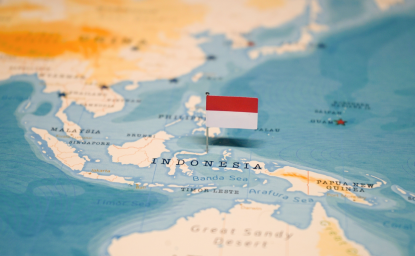The Latest
Iran's attack on Israel marks a serious escalation of the already tense war in Gaza, even though the majority of the hundreds of drones and missiles launched failed to reach their targets. The attack comes just two weeks after Israel’s strike on the Iranian consulate in Syria. David Hale, former Ambassador to Pakistan, Lebanon, and Jordan comments on the significance of Iran’s latest actions. He provides insights on Iran’s goals in launching the attack, why they pulled back after the US and Israel successfully thwarted it, and how Israel and its allies can continue to apply pressure on the Iranian regime.
Video Transcript
-
Israel Weighs Response After Withstanding Iran Attack
Guest

Former Under Secretary of State for Political Affairs; Former Ambassador to Pakistan, Lebanon, and Jordan

Middle East Program
The Wilson Center’s Middle East Program serves as a crucial resource for the policymaking community and beyond, providing analyses and research that helps inform US foreign policymaking, stimulates public debate, and expands knowledge about issues in the wider Middle East and North Africa (MENA) region. Read more

Explore More
Browse Insights & Analysis
The OSCE is a Good Value for America

Israel Escalates Attacks in Gaza: What’s Next?





